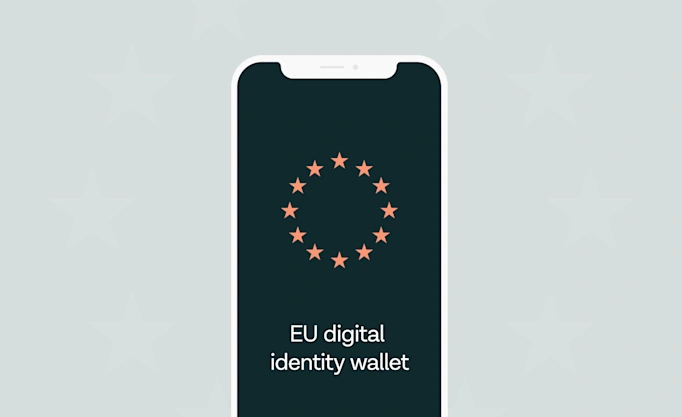Nearly one in four Brits in need of tailored financial support

New research by Tink reveals that nearly a quarter of Britons are ‘financially vulnerable’. Of these, more than half believe banks should provide tailored financial services to help them through the cost-of-living crisis. The research highlights an opportunity for financial institutions to meet regulatory obligations and consumer demand through the use of open banking solutions.
Tink’s latest research reveals that almost one in four Brits are ‘financially vulnerable’ as their income no longer covers their essential spending.
More than half of ‘financially vulnerable’ consumers want tailored financial support from banks to help them manage their finances, giving banks the opportunity to meet customer demand with value-added digital services.
Open banking-powered innovations such as money management tools can help banks better understand their customers and offer guidance during challenging economic times.
The cost-of-living crisis gripping Europe and parts of the world is causing anxiety for many consumers as they struggle to make ends meet. We’ve taken a closer look at how the current financial circumstances are affecting the UK in particular.
The ‘financially vulnerable’ forced to cut corners
Tink’s latest research finds that almost one in four Brits (23%) are ‘financially vulnerable’ as their income no longer covers their essential spending. More than half (56%) of these consumers say the situation will worsen as they expect their discretionary income to fall over the next 12 months.
A number of consumers have already had to make difficult choices to get through the cost-of-living crisis: one in five (22%) of the ‘financially vulnerable’ have cancelled financial products such as insurance, and a similar amount (20%) report having missed a monthly mortgage or rent payment.
Increased demand for tailored financial support
Among the ‘financially vulnerable’, more than half (51%) believe banks have an obligation to provide tailored financial support through the cost-of-living crisis. The findings suggest that banks have the opportunity to meet both regulatory responsibilities as well as consumer demand by upgrading their digital services.
For example, 43% of those identified as ‘financially vulnerable’ say they would like to learn more about managing their finances and how to optimise them, while more than half (58%) believe banks should make financial services more universally accessible. This provides an excellent chance for banks to boost customer trust by helping them achieve better financial health through value-added digital services such as automatic budgeting advice.
What’s more, 45% of the ‘financially vulnerable’ would switch to another bank if it identified better deals or money saving opportunities for their monthly outgoings. A further 37% would make the switch if another bank provided them with the tailored financial support they need during this time.
Open banking – the key to supporting the financially vulnerable
Open banking-powered innovations in data and digital financial services can help financial institutions understand their customers better, meet regulatory requirements, and offer guidance during challenging economic times.

Tasha Chouhan, UK & IE Banking Lead at Tink, elaborates on why open banking is key to supporting financially vulnerable consumers: ‘It’s clear there is an appetite for more support from banks amongst those experiencing financial distress. Open banking has a vital role to play here – with data-driven financial services giving financial institutions an opportunity to identify struggling customers and provide tailored support and interventions to assist them.’
For more information about the research and how banks can support their customers through the cost-of-living crisis, read the full report, ‘Banking is getting personal’.
About the research
The research was conducted by Censuswide with 2,010 general consumers in the UK (nationally representative) between 17.01.23 and 19.01 23. Censuswide abide by and employ members of the Market Research Society which is based on the ESOMAR principles and are members of The British Polling Council.
More in Open banking

2025-06-09
11 min read
The case for “Pay by Bank” as a global term
Thomas Gmelch argues that "Pay by Bank" should be adopted as a standard term for open banking-powered account-to-account payments to reduce confusion, build trust, and boost adoption across the industry.
Read more

2025-06-02
3 min read
Tink joins Visa A2A – what it means for Pay by Bank and VRP
Visa A2A brings an enhanced framework to Pay by Bank and variable recurring payments (VRP) in the UK, and Tink is excited to be one of the first members of this new solution.
Read more

2024-11-19
12 min read
From authentication to authorisation: Navigating the changes with eIDAS 2.0
Discover how the eIDAS 2.0 regulation is set to transform digital identity and payment processes across the EU, promising seamless authentication, enhanced security, and a future where forgotten passwords and cumbersome paperwork are a thing of the past.
Read more
Get started with Tink
Contact our team to learn more about what we can help you build – or create an account to get started right away.
